USF Should Extend Digital Equity Efforts Beyond Current Federal Investments
The USF needs to first be reformed for its own sustainability.
Quinn Nghiem
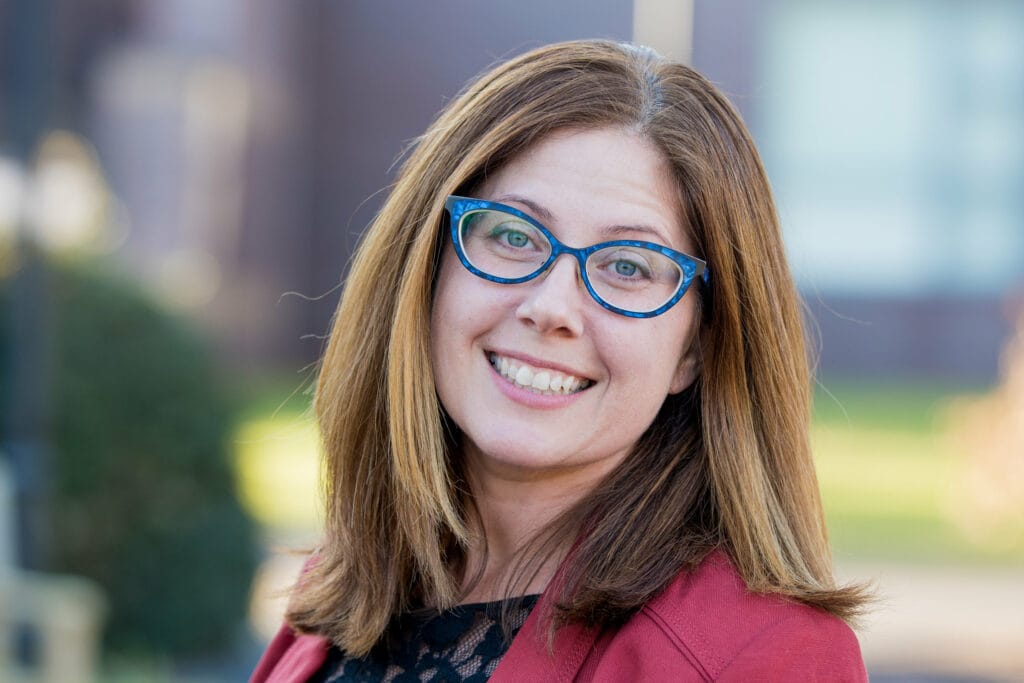
WASHINGTON, June 14, 2023 – The Universal Service Fund should be used to sustain digital equity initiatives when those dedicated funds run out, said Angela Siefer, director of National Digital Inclusion Alliance.
The Commerce Department’s Digital Equity Act dedicates $2.75 billion towards three grant programs to ensure communities have essential training and resources to effectively use the internet. States are currently in the planning process for funding allocations with rollout scheduled for 2024.
According to Siefer, these initiatives may not offer a definitive solution to the nation’s digital divide.
“The current investments are not going to bridge the digital divide,” said Siefer. “But what it will do is give us a chance to create digital inclusion ecosystems where we can keep working on this.”
One possible avenue to support these ecosystems is through the USF, Siefer proposed.
The roughly $9-billion annual funding program contains four sub-programs that go to support basic telecommunications services. The program is financed through taxes on voice service providers, who largely collect those fees from their customers.
However, the USF revenue base is shrinking as more Americans consume broadband services. Concerns over the USF’s sustainability led senators to launch a bipartisan working group in May to examine the fund and provide recommendations for change.
As Congress has been seized by the issue, Siefer is calling for the USF to be expanded to fund both digital equity initiatives and the Affordable Connectivity Program.
The Affordable Connectivity Program provides monthly subsidies for internet of up-to $30 and $75 for tribal Americans. Service providers have said the $14.2-billion program is expected to run out of money in early 2024 if Congress does not extend its funding. Only about 17 million out of an estimated 48.6 million eligible households have signed up for the benefits.
“The Universal Service Fund has to be updated, we have to change how the money comes in,” said Siefer. “And how it goes out the Affordable Connectivity Program needs to be included in there. It’s very logical.”


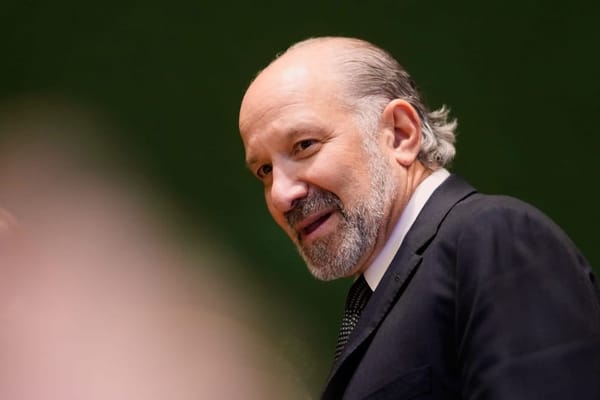

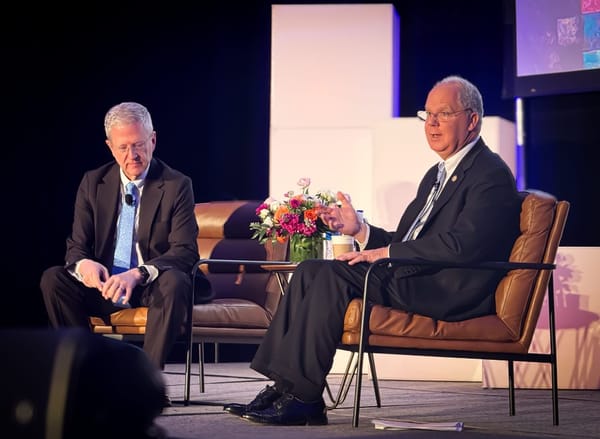
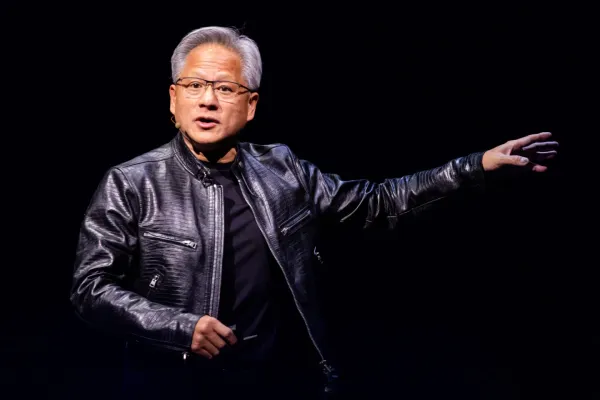
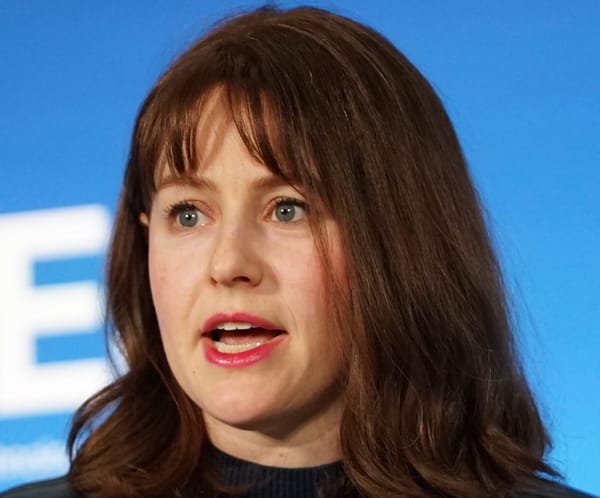

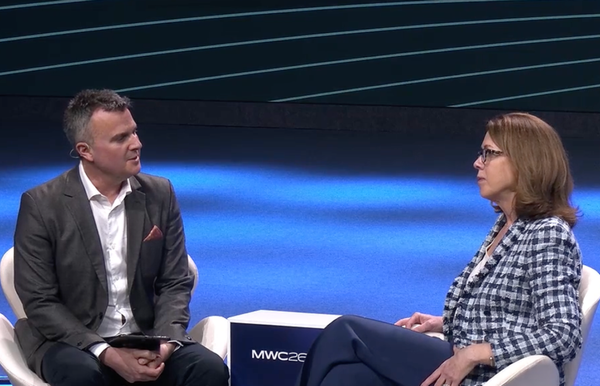
Member discussion